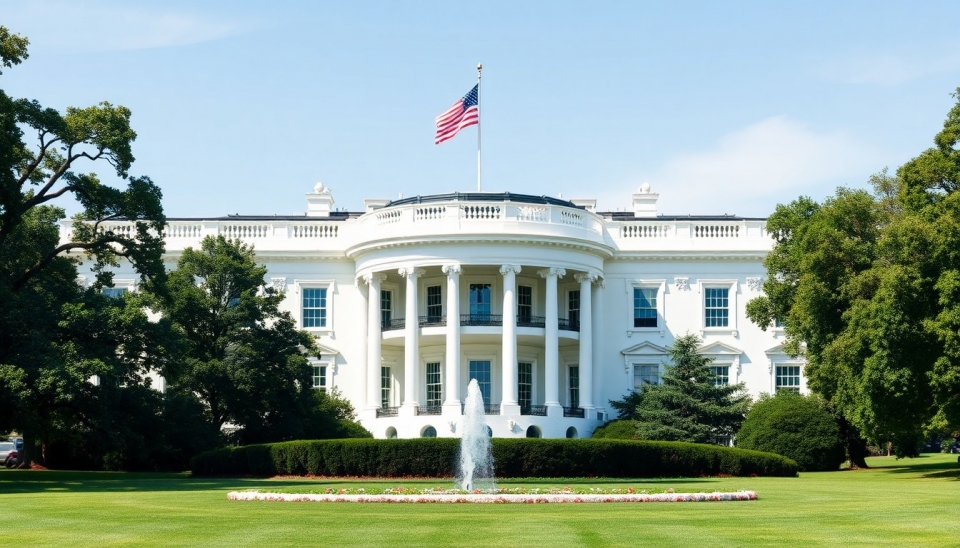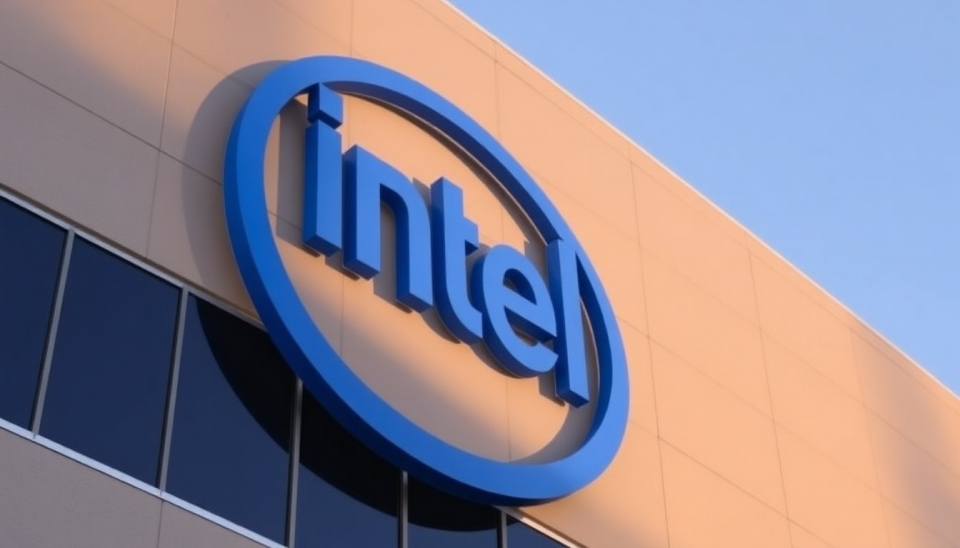
In a significant legal victory, Intel Corporation has emerged successful from a fierce antitrust battle in the European Union, reversing a record €1.06 billion fine imposed by the European Commission. The ruling was delivered by the General Court of the EU, which determined that the EU had overstepped its regulatory boundaries, thereby dismissing the hefty fine initially levied in 2009.
This decision marks a pivotal moment for Intel, a company that has been embroiled in various legal challenges over the years concerning anti-competitive practices. The initial fine stemmed from accusations that Intel engaged in unfair competition by paying computer manufacturers to exclusively use its chips, thereby hindering competitors.
Intel's legal team argued that the uniqueness of the competitive landscape in the microprocessor market justified their strategies, asserting that the fines were not only excessive but also misinterpretations of their business conduct.
The General Court's ruling underscores the complexities surrounding tech regulation in Europe, a region known for its stringent antitrust enforcement. The decision could also signal a potential shift in how similar cases will be approached in the future as companies navigate the intricate regulations imposed by EU authorities.
With the ruling, Intel is anticipated to reclaim approximately €1 billion, a financial windfall that could bolster its operations and strategic initiatives. The future implications of this case could reverberate through the tech industry, particularly amidst ongoing discussions about competition and fairness in rapidly evolving markets.
The ruling not only favors Intel but also casts a spotlight on the EU's regulatory practices, raising questions about whether the commission will alter its strategies in prosecuting similar cases moving forward. Meanwhile, other tech giants are watching this development closely, as it may impact future antitrust litigation across the continent.
Intel’s triumph is celebrated as a boost for the company's competitive strategies, ensuring it can continue to innovate and invest in new technologies without the burden of unjust penalties. In the wake of this ruling, the stock market reacted positively, reflecting investor confidence in Intel’s strategic direction and growth potential.
As the dust settles on this legal battle, the tech industry remains vigilant, ready to adapt to whatever regulatory changes may arise from this landmark decision. Intel's victory may provide a blueprint for other companies involved in ongoing antitrust disputes, emphasizing the importance of legal clarity in establishing fair competition in technological markets.
#Intel #EUAntitrust #TechRegulation #LegalVictory #MicroprocessorMarket #CompetitionLaw #EuropeanCommission
Author: John Miller




